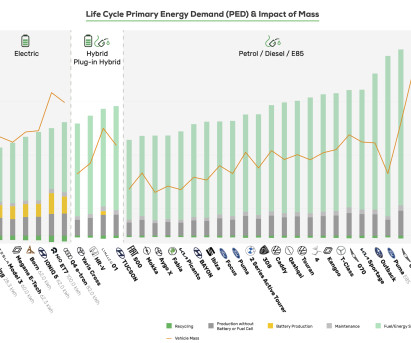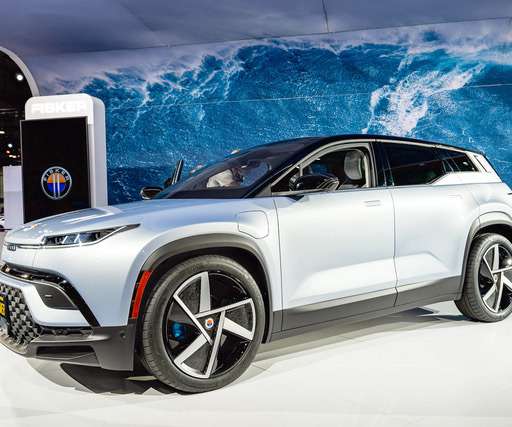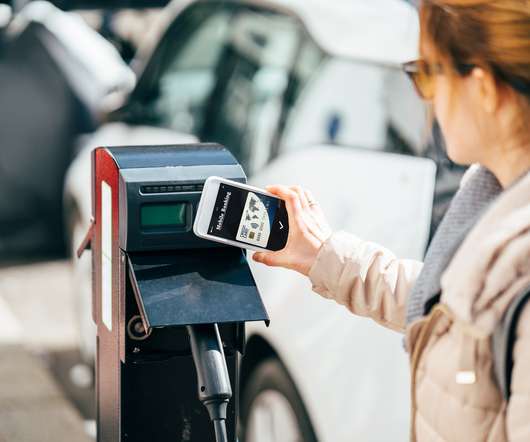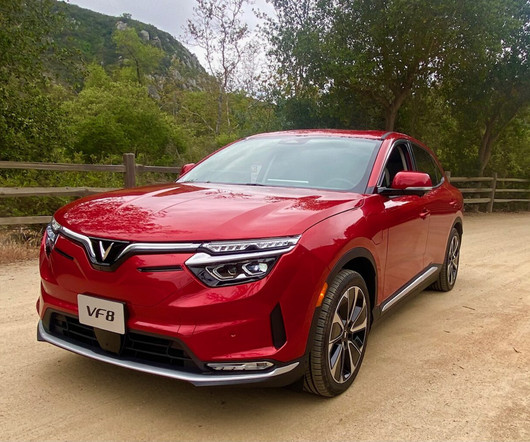Green NCAP LCA study shows detrimental climate and energy impact of increasing vehicle weight, including EVs
Green Car Congress
MARCH 24, 2023
Green NCAP uses the methods of Life Cycle Assessment (LCA) to investigate the total greenhouse gas emissions (GHG) and primary energy demand (PED) created throughout the entire life cycle of a vehicle. In terms of primary energy demand, however, the differences between electric and conventional cars are less. were battery electric.






















Let's personalize your content